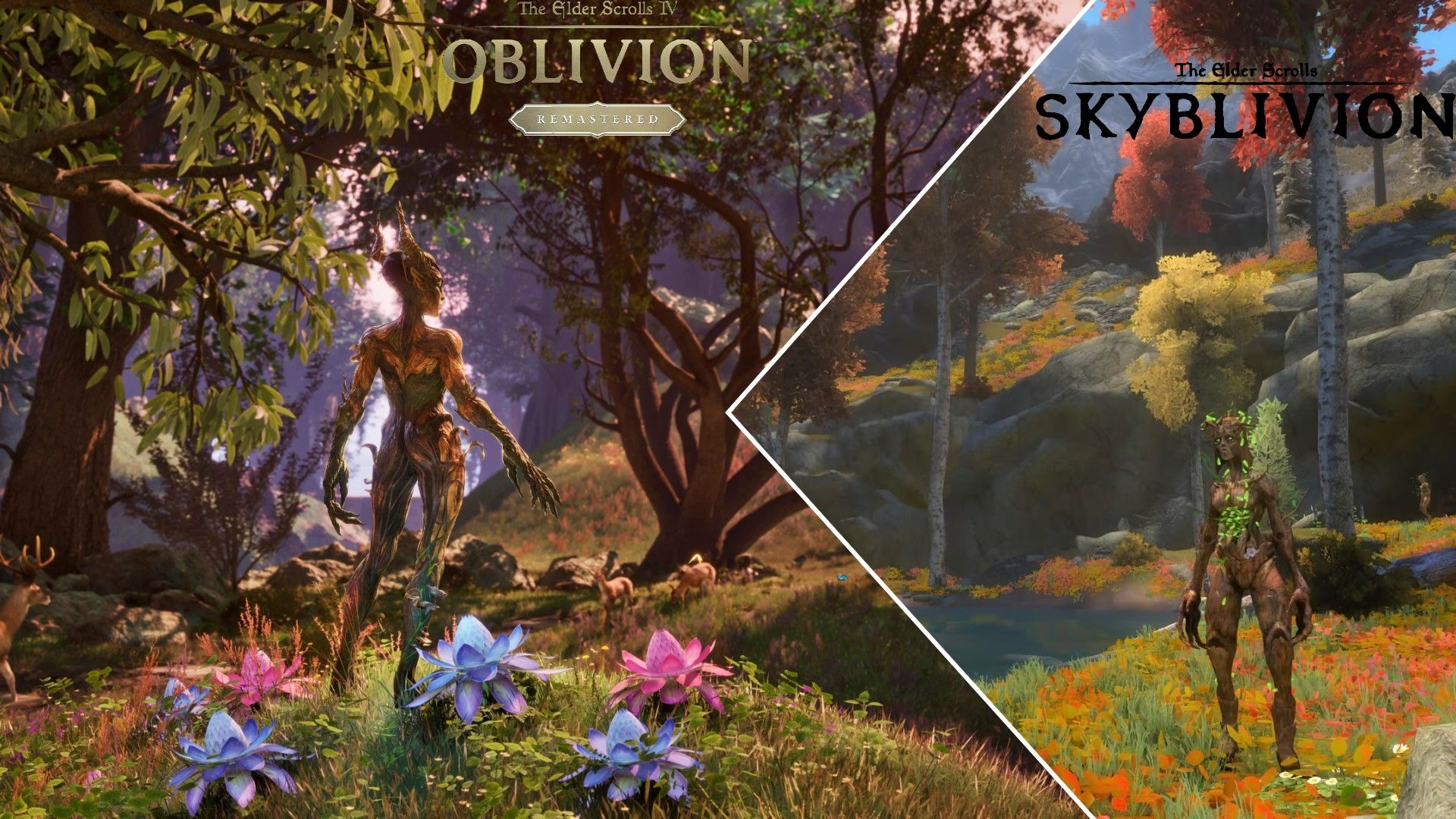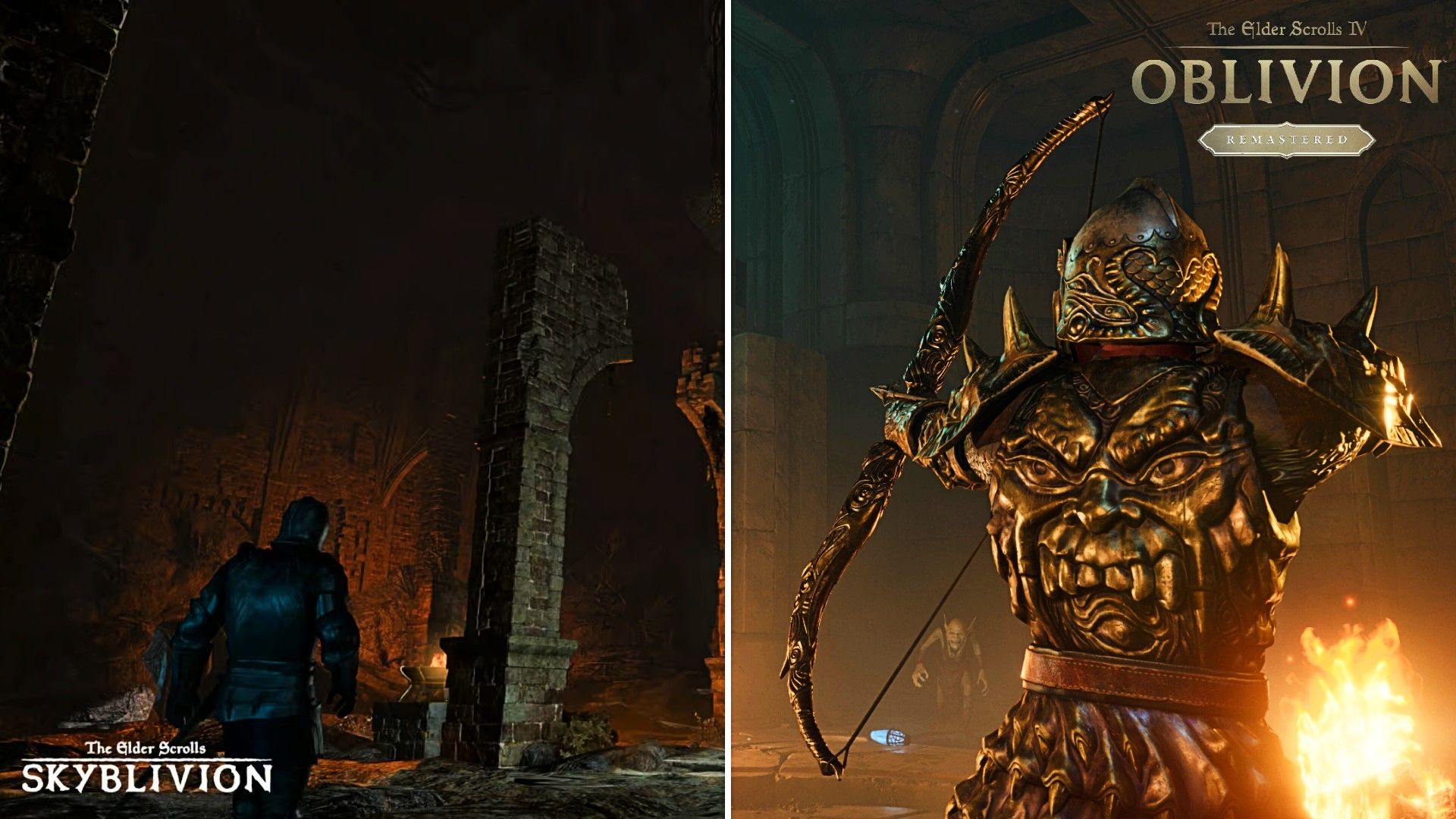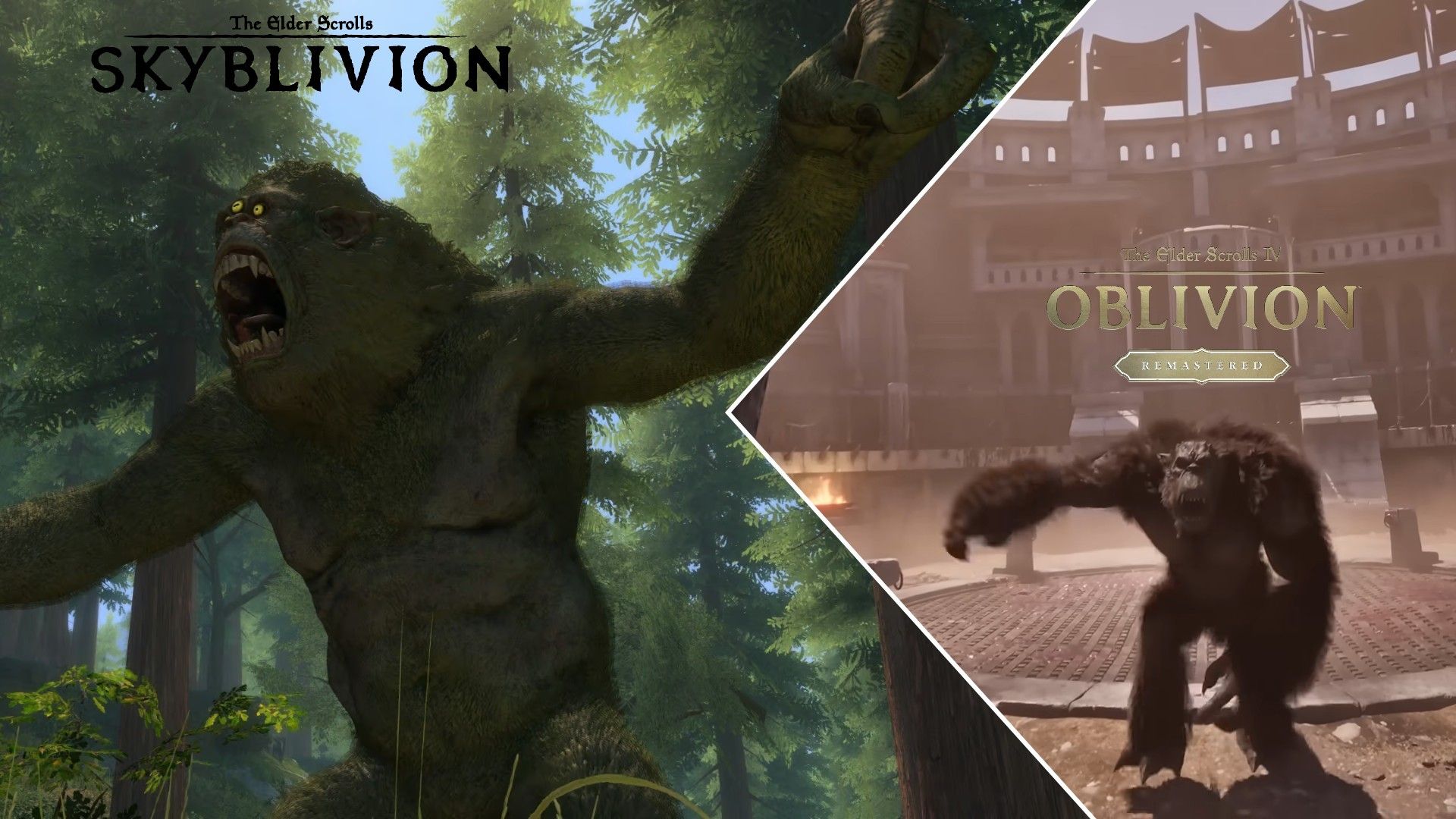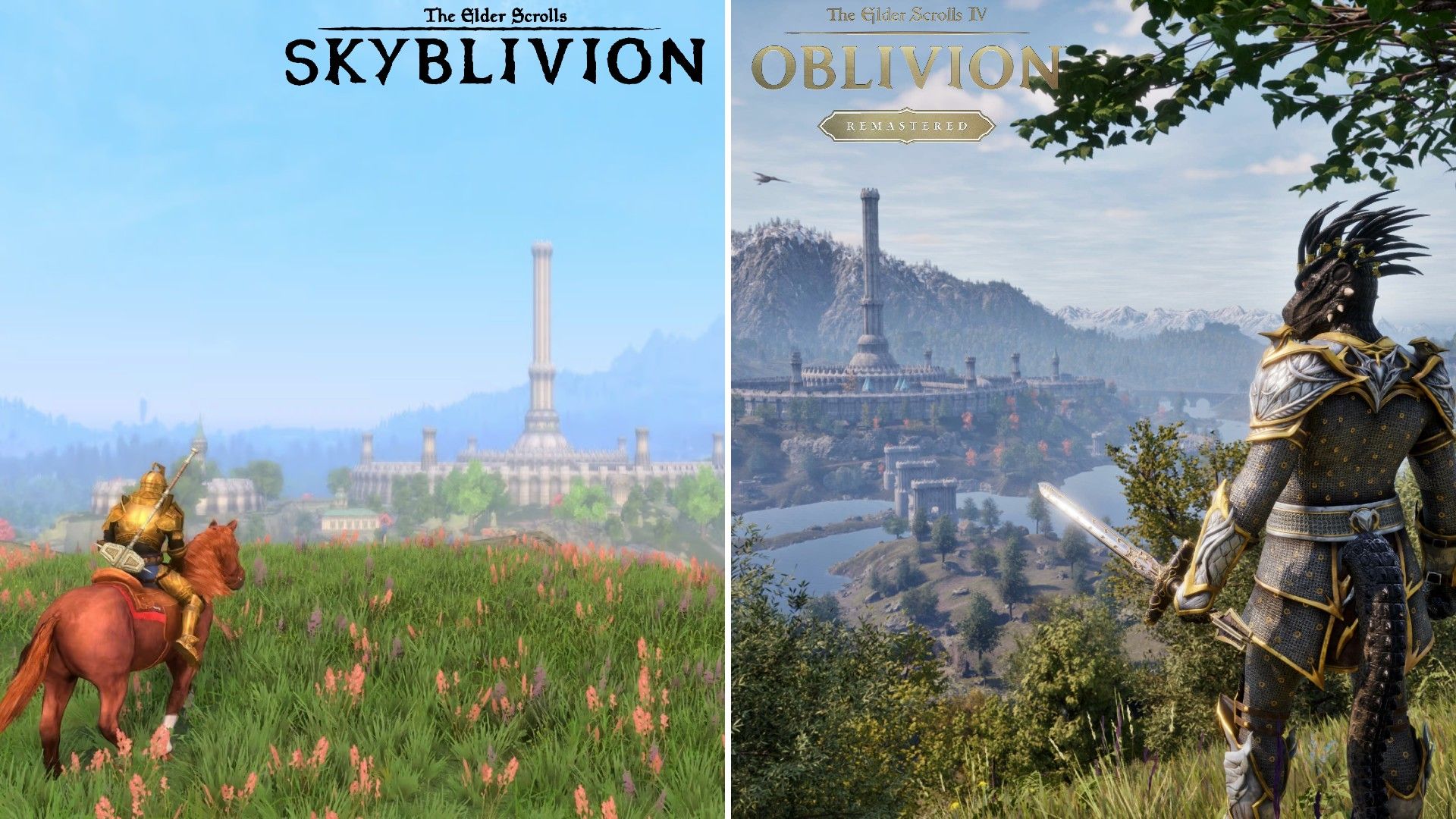Summary
- Fan-made remakes can greatly improve upon and add unique elements to beloved games.
- Small volunteer teams struggle due to limited resources and other commitments, a problem that’s highlighted by official efforts.
- Fan-made projects risk legal issues, like potential DMCA takedowns, despite passionate efforts.
Comparisons between the fan-made Skyblivion remake and Bethesda’s official Oblivion Remastered offer an interesting perspective on fan-made projects. We’ve never before had a professional studio version released around the same time as a fan-made product. Being able to see them side-by-side lays the differences bare while showing how easily a big studio can take the thunder from a fan-made project.
Many Great Fan Remakes Exist
The world of fan-made remakes has a surprisingly large number of successful projects, Skyblivion is just one of them. These projects often go beyond simple copies of the original games, adding creative ideas and major improvements that make them stand out.
For example, MiniDoom 2 took the classic first-person shooter Doom and turned it into a fast-paced side-scrolling platformer. It kept the intense action of the original while adding new levels, bosses, and weapons. The game was free to play and was well-received by fans, proving that a new take on a beloved game can make it feel fresh again.
Similarly, Pokémon Uranium was a completely original Pokémon game made using the RPG Maker engine. It built on the series’ usual gameplay while introducing a new region, new creatures, and a new story. Its creative ideas felt like a huge improvement on the series, showing that a fan-made game can stay true to the spirit of a franchise while still feeling unique.

Related
Oblivion Remastered Is Great, but the Deluxe Edition Could Lead Us Down a Dark Path
I love Oblivion Remastered, but I really hope Bethesda learns the right lesson here.
There’s also Black Mesa, a full remake of Half-Life built in the Source engine. It recreated the original game with great attention to detail, improving the graphics, refining the gameplay (especially the AI and the often-disliked Xen levels), and adding new story elements.
At first, the game was released for free, but it was so well-made that Valve later allowed it to be sold commercially. Its success shows just how much fans appreciated the high quality of the remake.
However, the success of fan remakes often comes with a lot of uncertainty. While you can make your own mods, it’s hard to match the same level of quality as an official remake.
Smaller Teams Suffer From Many Limitations
The development of ambitious fan-made game remakes like Skyblivion shows a big gap between large studios’ resources and what smaller, volunteer-based teams can access. This is something Oblivion Remastered doesn’t have to worry about.
These limitations affect every part of the development process. This issue persists from the first ideas to the final release, often leading to longer development times, reduced project scope, and sometimes a drop in overall quality.
The biggest challenge right away is funding. Big studios have large budgets, but volunteer teams depend entirely on the goodwill, time, and dedication of project members. They can’t always get the tools and assets they need without proper funding, such as professional software, high-quality 3D models, or original music.
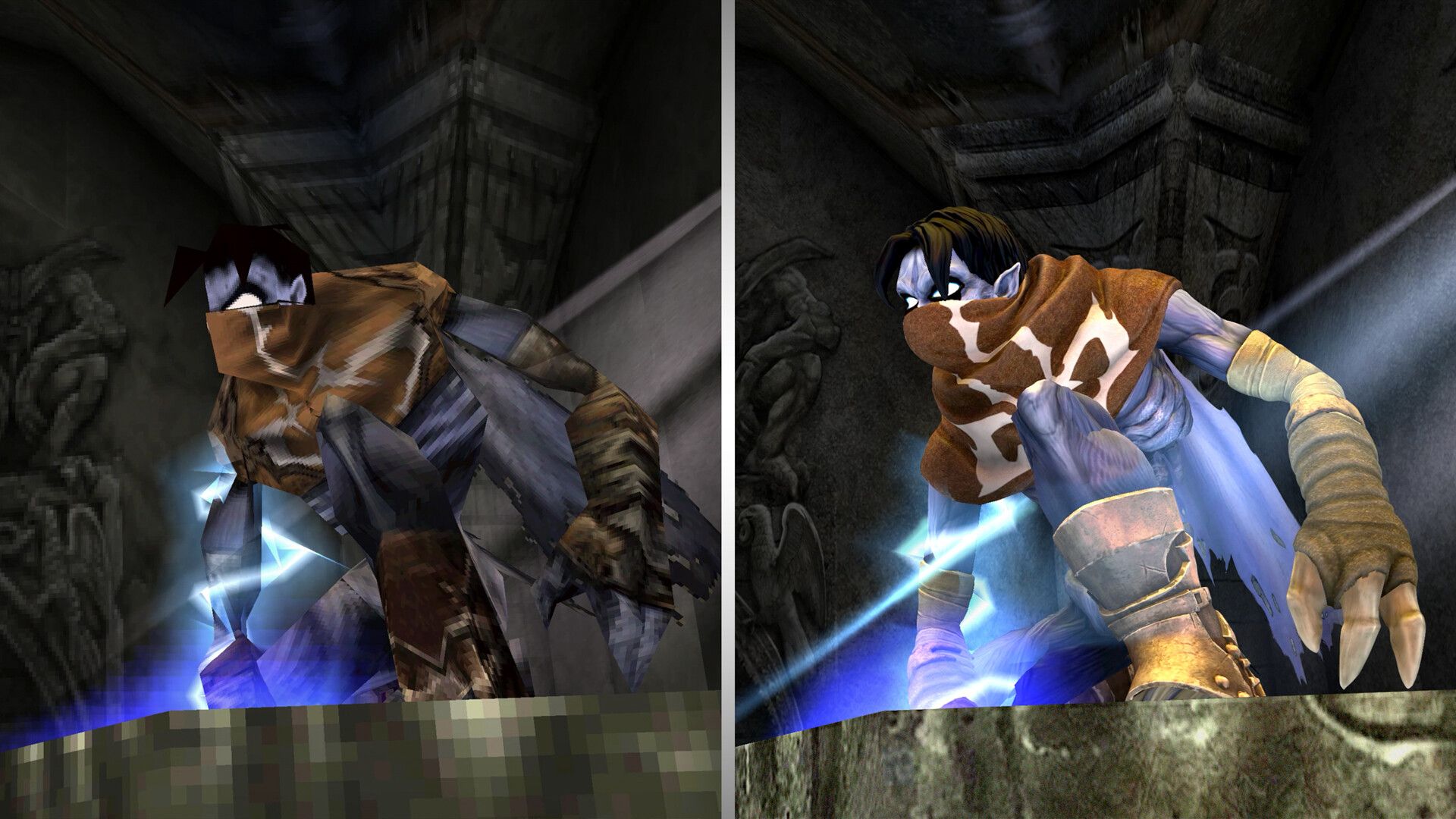
Related
What’s the Difference Between Video Game Remasters and Ports?
Some re-releases get more care than others.
Small team sizes make these problems worse. Big studios have separate teams for different parts of game development, like programming, art, design, and sound. On the other hand, fan remake teams usually have just a few people who have to handle multiple jobs at once.
Another major issue is that volunteer work is usually part-time. Many developers have full-time jobs or other responsibilities outside of the remake project. This makes development schedules unpredictable and can drag out the production process.
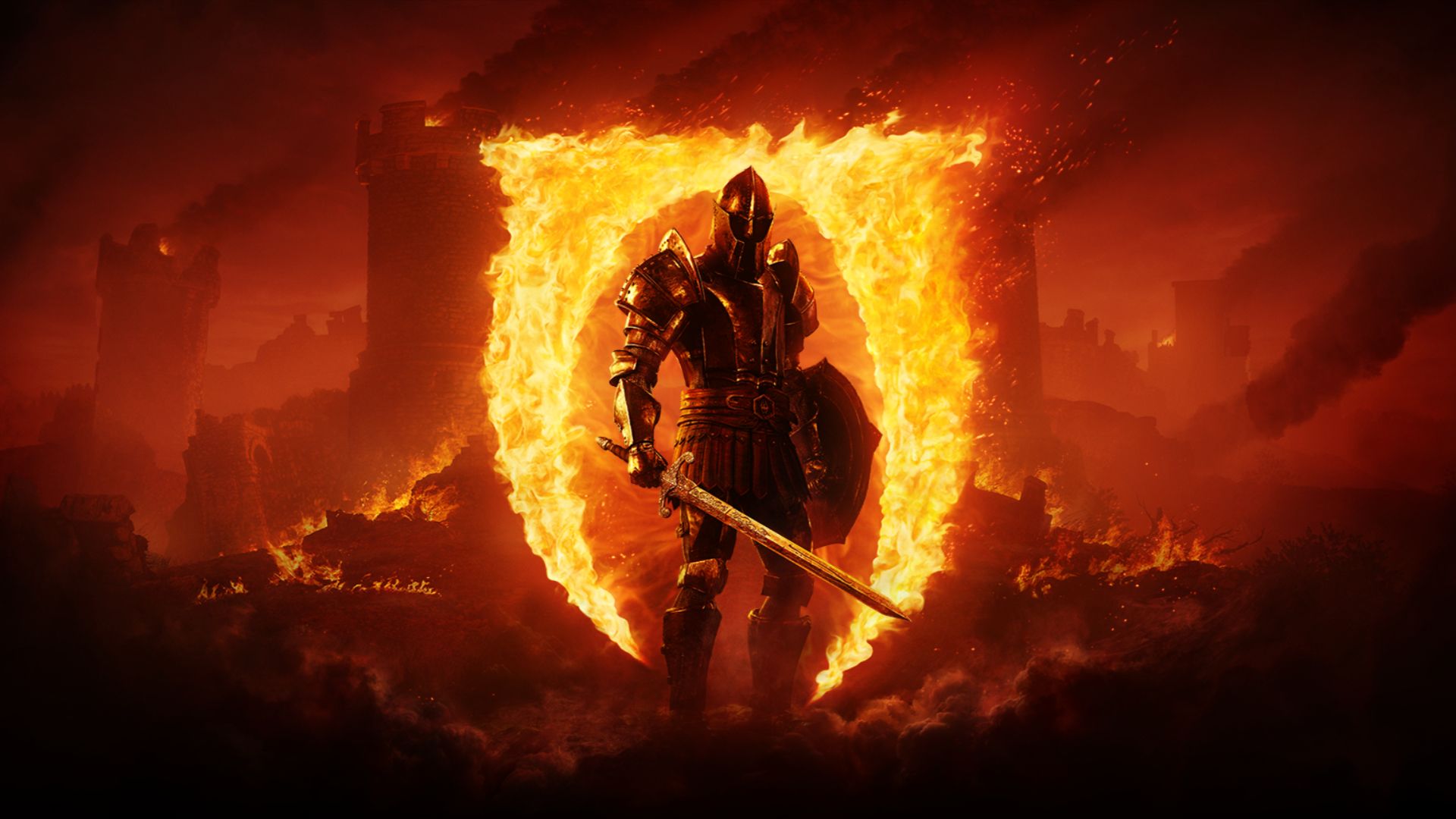
Related
The Oblivion Remaster Proves That the Gaming World Needs More Shadow Drops
There are two types of game releases, and I prefer this one.
Marketing is also a big challenge for volunteer teams. Unlike commercial games, fan projects don’t have the money or expertise to get widespread attention. Getting media coverage and reaching a large audience is much harder when competing against heavily advertised commercial games. If not enough people hear about the game, it can lead to fewer players and a weaker reception overall.
All of these factors mean that fan-based remakes, no matter how passionate and dedicated they are, often can’t match the quality, scope, or timely release of games made by professional studios. The result is still an impressive achievement, but one that normally doesn’t add up to a professional team.
The Legality Is Rarely Gray Enough to Avoid a DMCA
Fan-made game remakes, while often praised for their ambition and hard work, exist in a risky legal situation. These projects, created out of passion and built through years of unpaid effort, often come dangerously close to violating intellectual property (IP) laws. Bethesda could have a great case against Skyblivion, if they chose to pursue legal action.
The biggest legal danger comes from the Digital Millennium Copyright Act (DMCA), which allows copyright owners to demand the removal of works that use their IP without permission. Fan remakes, by definition, use parts of the original game such as code, artwork, music, and even gameplay systems that the original publisher legally owns.
Even if a project says it is not making money, using copyrighted material without direct permission still counts as breaking the law, putting creators at serious legal risk. Unlike making an original game, fan projects have almost no legal protection. Copyright law strongly favors the original owners, meaning game publishers have the power to shut down fan remakes at any stage of development.
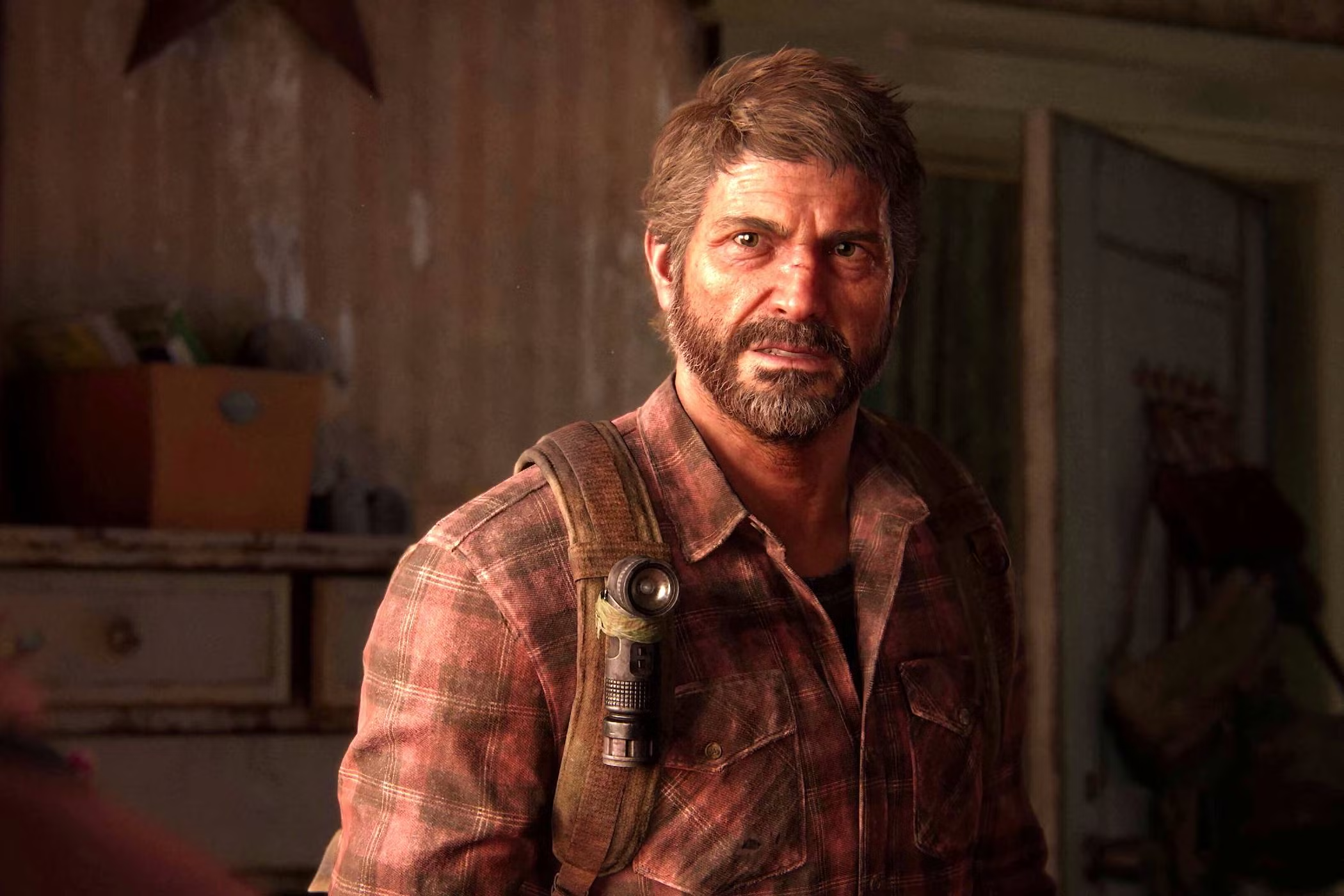
Related
Remasters and Remakes Are Good for Gamers, Here’s Why
Studios aren’t wrong for leaning on old games.
How they use this power varies, with some publishers being more accepting of fan projects than others. Years of effort spent carefully recreating a favorite game can be wiped out in an instant by a single DMCA takedown notice.
The impact goes beyond just the creators. The excited communities that support these projects are also hurt when the games they are looking forward to suddenly disappear. Losing a highly anticipated fan remake doesn’t just mean losing a game; it also damages trust in the fan-made game development community as a whole.
Oblivion Remastered Beat Skyblivion to the Punch
The release of The Elder Scrolls IV: Oblivion Remastered had a big effect on the much-awaited fan-made remake, Skyblivion. The difference between these two projects shows how hard it is for volunteer-driven development to compete with professionally funded efforts. The difference in quality and development timelines is so clearly apparent.
Skyblivion, a passion project started in 2012, tried to recreate Oblivion using Skyrim’s game engine, a huge task that required years of work from a team of volunteers. On the other hand, Oblivion Remastered, announced and released in April 2025, had the full support of Bethesda and Virtuos, two well-known companies with plenty of experience and money.
Both are just remastering the game in their own ways, and a remake would take a lot more time, but the timing is significantly different. This gap in resources directly impacted development time. Skyblivion took over a decade to make, while Oblivion Remastered was developed much faster, having only started in 2021.
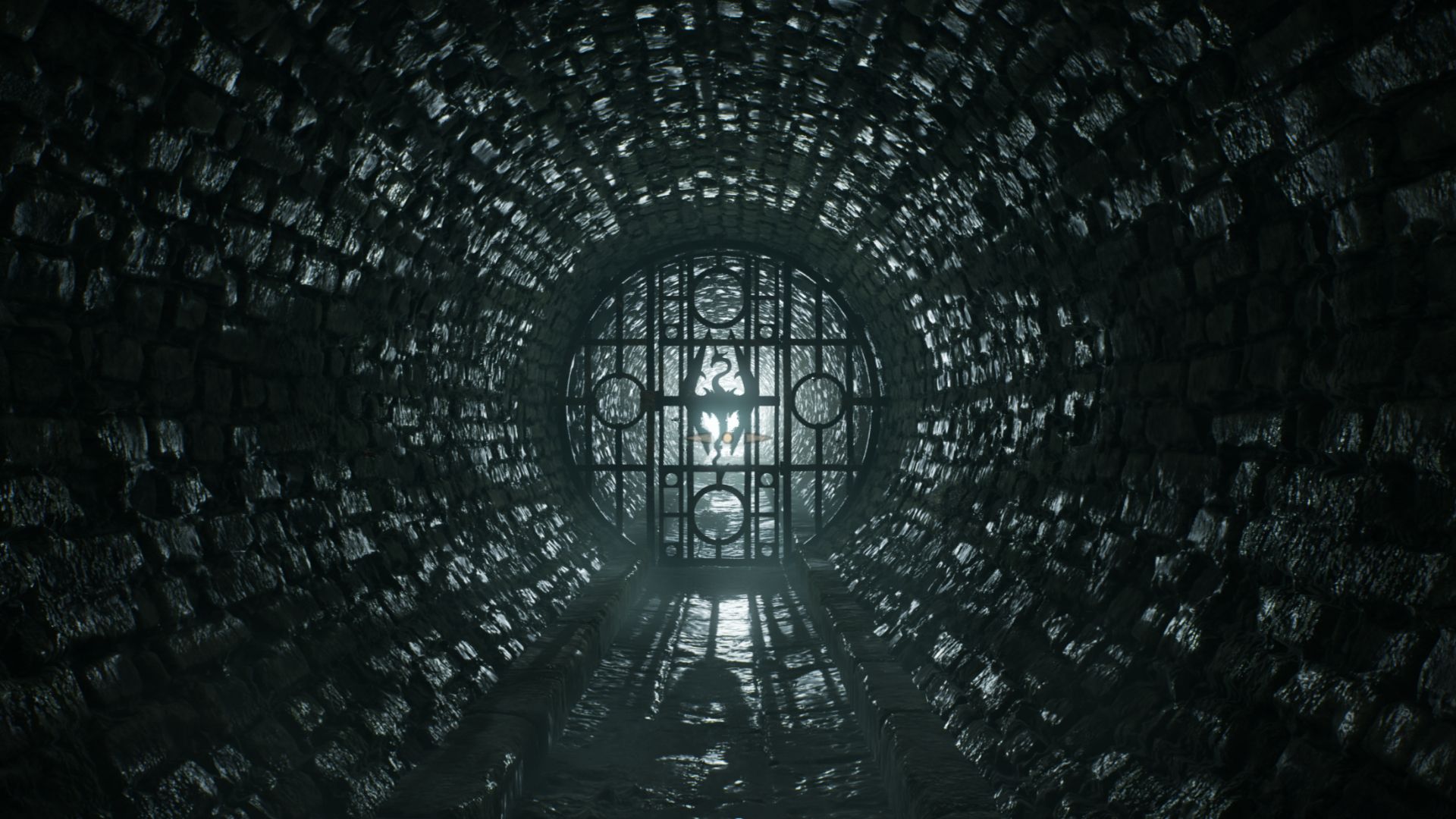
Related
The World Needs More Bethesda Remasters (Here’s Which Games They Should Work On Next)
Close the gates to Oblivion (and open doors to future remasters).
The difference in visuals between the two projects is obvious. Skyblivion tried to stay true to Skyrim’s original style while using Skyrim’s engine, making it look like a fan mod. Meanwhile, Oblivion Remastered, built in Unreal Engine 5, got a full graphical upgrade, improving the game’s look completely. Basically, Oblivion Remastered feels like a modern version of a classic, something Skyblivion wanted to be.
In an unexpected way, the huge excitement around Skyblivion might have actually helped Oblivion Remastered’s marketing. Years of hype for the fan project kept Oblivion in people’s minds, making the official remaster a highly anticipated release.
Unfortunately, the biggest problem with fan remakes is that the original team is usually able to outdo the fan project. If a studio sees a market for their remastered game, the studio might make more money doing it alone. We could see many Oblivion-style remasters after this.
Now that there exists a polished official remaster of Oblivion, Skyblivion could struggle to capture the audience it had banked on. Even though the Skyblivion team has said they’re still committed, having an official, easy-to-get, and more advanced version of the same game significantly reduces the chances of the fan project reaching a big audience.


